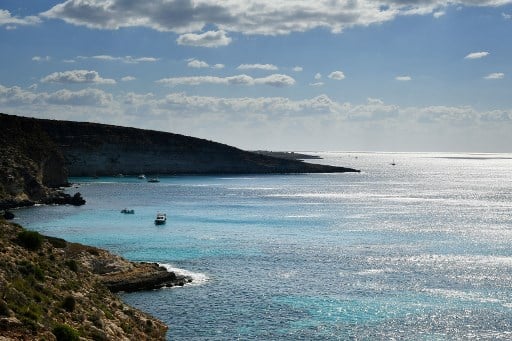Urs Tinner and his brother Marco spent three-and-a-half years in custody following their detention in 2005 on suspicion of having supplied war material to Libya, including detailed plans for building a nuclear bomb.
Several pleas for release were rejected “in the interest of the proper conduct of the inquiry” and because of the risk of the brothers absconding.They were released in September 2008 and January 2009 respectively.
In their application lodged with the European Court of Human Rights in November 2008, the two men complained about the reasons for, and the duration of their pre-trial detention.
In its judgement issued on Tuesday the Court said that Swiss judicial authorities “had not failed to give the matter due consideration” and that their decisions in the matter had been “convincing and detailed.”
The Court also noted that the case was “extremely complex”, with the legal authorities of 16 different countries involved and concerned very serious offences.
The men were arrested in Germany in October 2004 and extradited to Switzerland in May the following year for their suspected involvement in the development of nuclear arsenal in Libya through an underground Pakistani network.
They were alleged to have had contact with Addul Qadeer Khan, the “father” of Pakistan’s nuclear bomb.
Libya announced it was to renounce the development and possession of weapons of mass destruction in 2004.


 Please whitelist us to continue reading.
Please whitelist us to continue reading.